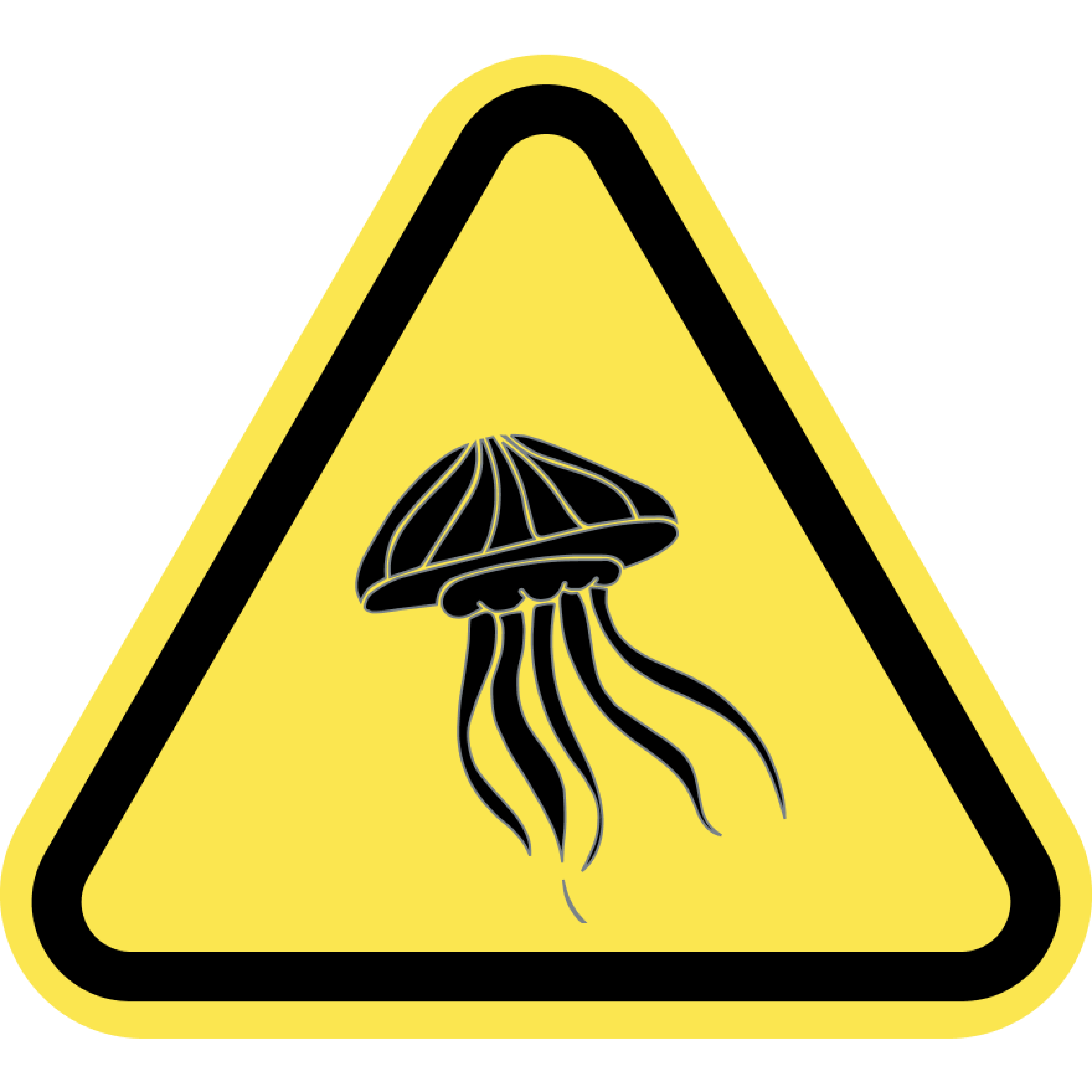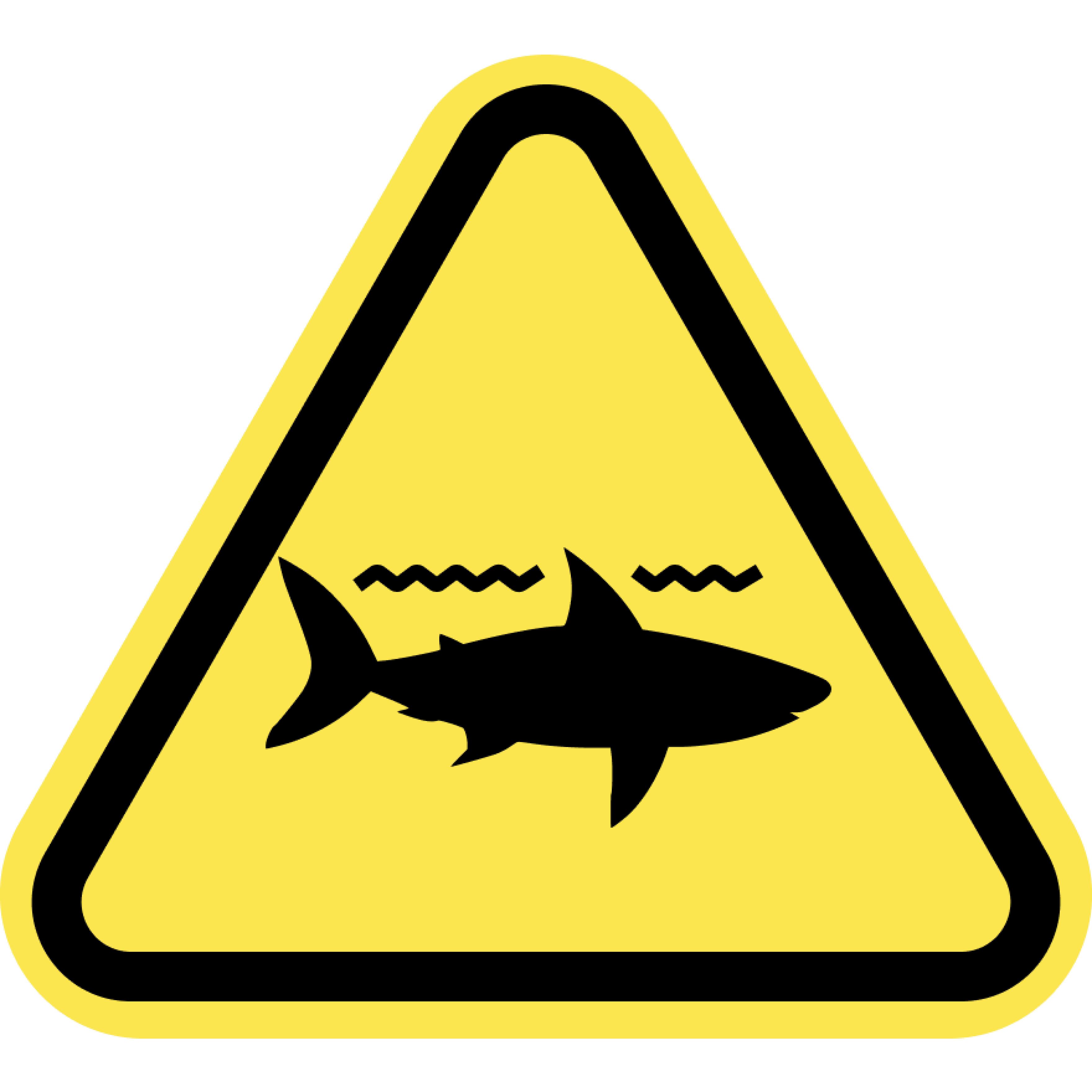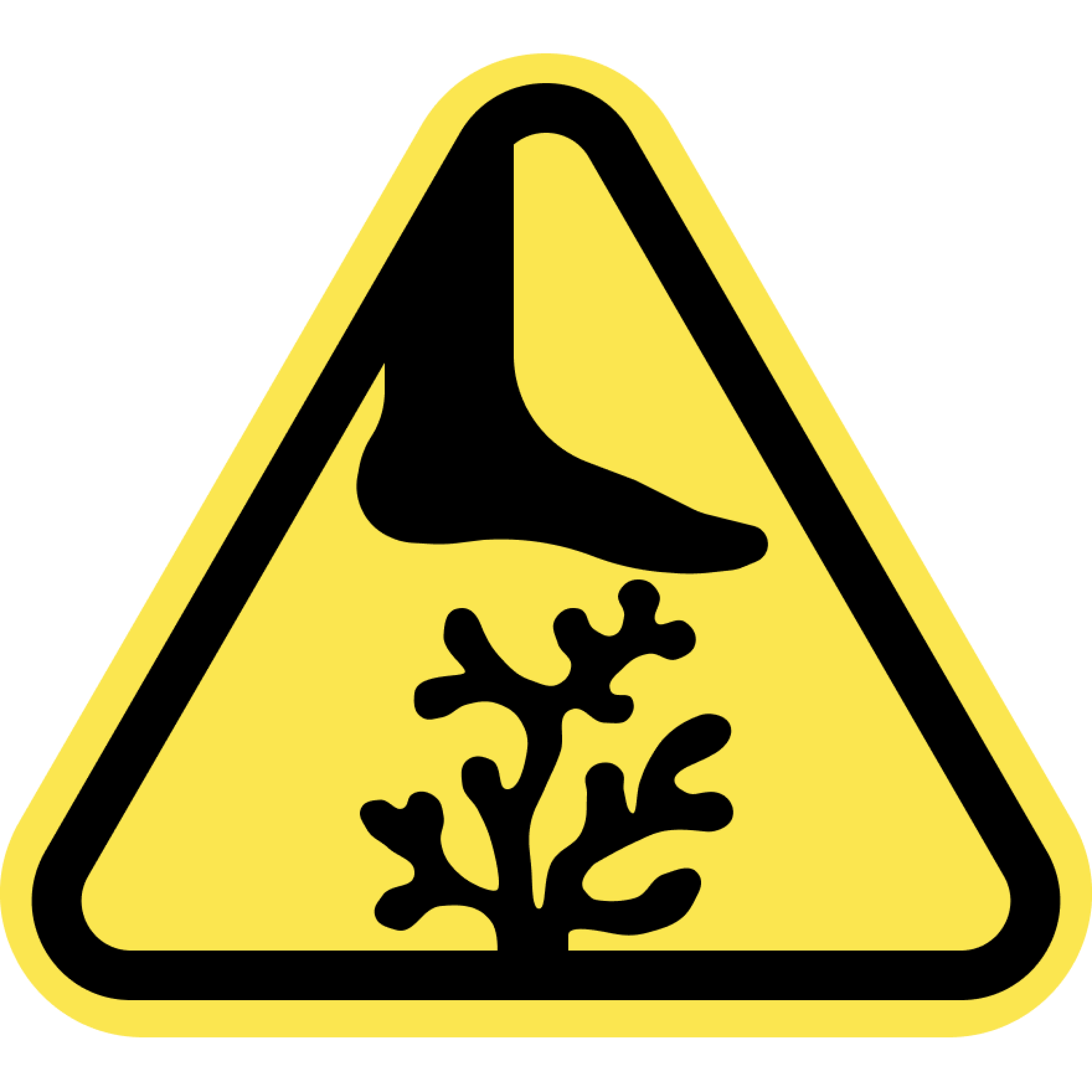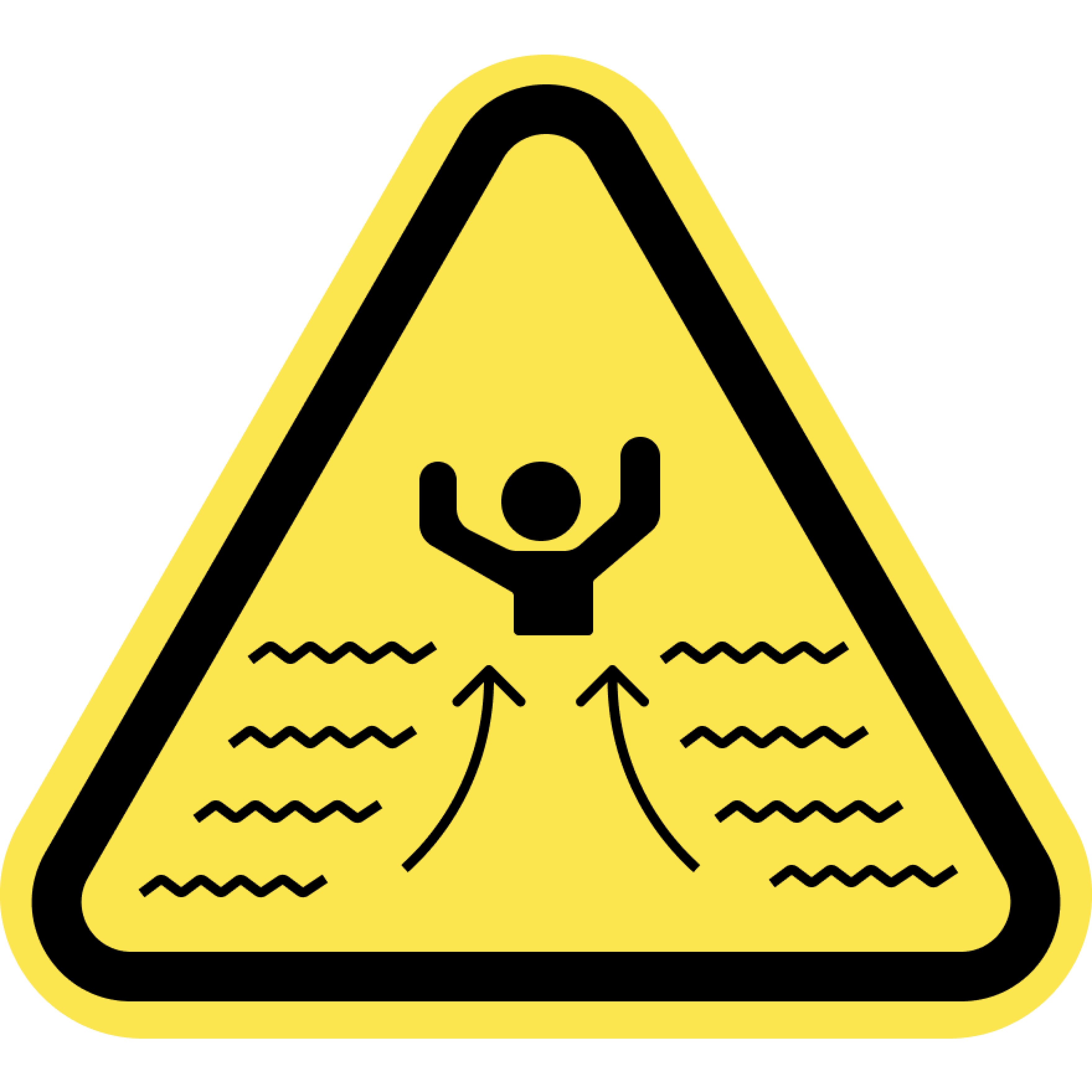Caution
High Hazard
Extreme
Increased Stingray Activity
Active/Upcoming Event
Hapuna Beach Park
Water Temperature
...
Wave Height
...
Wind
...
The beautiful white sand beach at Hapuna stretches for over half a mile between the points of lava that form its boundaries. During the summer months, the beach is more than 200 feet wide-the widest white sand beach on the Big Island. High winter surf often erodes the beach considerably, but still leaves beachgoers more than enough sand for various activities. About midway along the beach, a lava promontory that was known to Hawaiian fishermen as Ihumoku (the "bow [of the] ship") crosses the sand and effectively divides the beach in half. To the south of this rocky point is Hapuna Beach State Recreation Area. Facilities in the beach park complex include half a dozen A-frame shelters that provide lodging for four persons in each shelter, paved parking lots, picnic pavilions, restrooms, showers, and paved walkways to the beach.
The long, wide, flat white sand beach at Hapuna provides more than ample space for its many visitors. The beach slopes gently into the deeper offshore waters, where there are excellent opportunities for swimming, snorkeling, and nearshore scuba diving. A shallow, protected, sand-bottomed cove at the northern end of the beach is an ideal place for little children to play in the water. Professional diving instructors also use this area to introduce novice snorkelers and scuba divers to the ocean.
amenities

Picnic

Restrooms

Showers

Snack Shack

Gear Rental
activities

Fishing

Snorkeling

Swimming

Camping
prohibitions

No Alcohol

No Dogs

No Fire Pits

No Fireworks

No Smoking
hazards

Jellyfish

Sharks

Sharp Coral

Strong Currents
Swim at your Own Risk
Beaches and oceans are dynamic natural environments. Crowd conditions, currents, waves, wild animals, and other water and beach conditions can rapidly change. The risks and conditions shown on this site are informational only and not always real-time. Actual conditions may differ. Lifeguards are not always on duty or available. Always remain aware of your surroundings and exercise due care for your own safety and the safety of others around you.
Always check for water warnings or check with a lifeguard before you swim.


